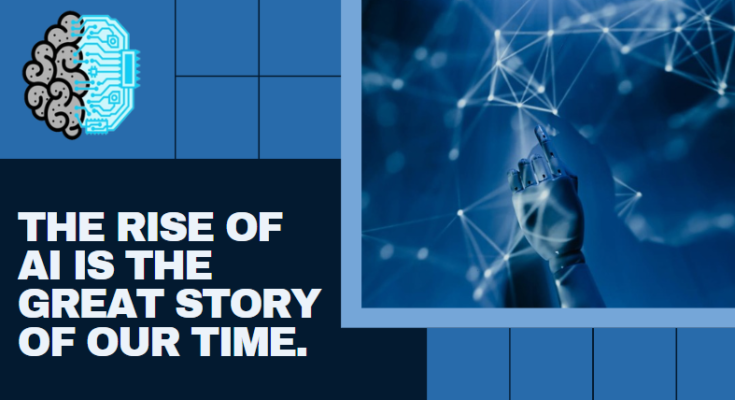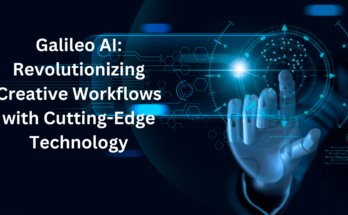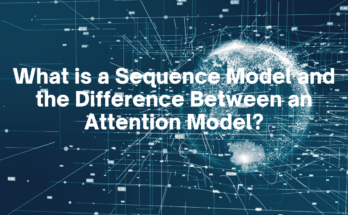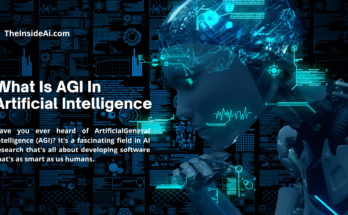Companies must develop and train AI algorithms responsibly as they build them. The AI-enabled toy – our children will increasingly work with robots. The skills gap will be widening as a result of the growth of AI. Enhance cybersecurity measures by detecting and responding to threats more quickly and effectively. Organizations seeking success in such work should involve the board and the C-suite. Hire him today to learn more about artificial intelligence’s impact on businesses. Besides AI impacts, there are other trends in terms of customer tastes. Job displacement due to automation is a prominent negative effects of artificial intelligence. One cannot deny the negative impact of artificial intelligence when it comes to exacerbating social inequalities and biases. Addressing the lack of skills and providing adequate training programs for workers to reskill and upskill will be crucial to mitigating the negative effects of AI on the traditional labor force.
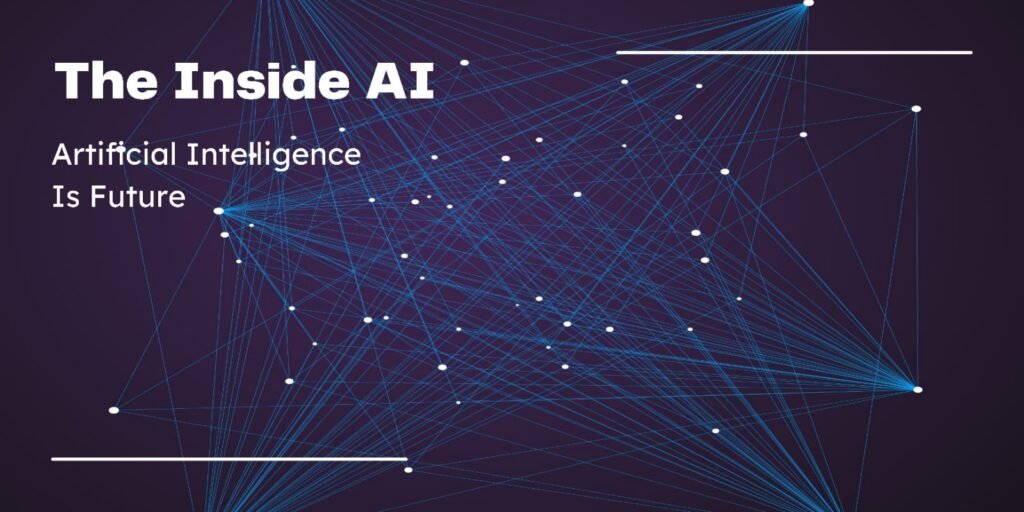
This leads to increased productivity, improved product quality, and reduced labor costs (Le, 2018). Overall, AI is a force for good when the technology is in the hands of the right people. This might be easier for some people and communities than others. It depends on whether one is talking about good or bad impact. Ethical issues may arise because AI algorithms reflect the biases in the data used to train them. When it comes to AI, some are keen to do something about it before it’s too late: Times of disruption and change can be uncomfortable. Learn about the negative impacts of AI on society, including job displacement and ethical concerns.
Negative Impacts of Artificial Intelligence on Society
Artificial intelligence is already having an impact on business in this way. The integration of AI often leads to a shift in skill requirements within the workforce. Ethical and privacy concerns also accompany the widespread adoption of AI in businesses. For instance, AI can expose bias in our decision-making. “Success in creating effective AI could be the biggest event in the history of our civilization. The fast pace of change in this technology is such that we cannot wait. This can lead to discriminatory outcomes, such as biased hiring practices or unfair lending decisions. The negative effects of artificial intelligence include job displacement and economic instability. Companies are currently not investing as much in R&D and AI as they probably should be.
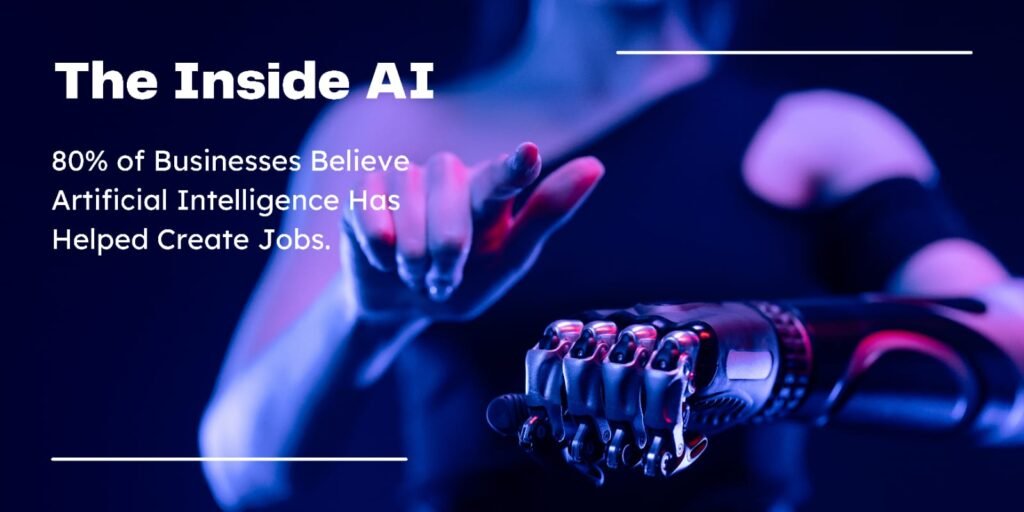
These problems fall into four broad categories: bias, transparency, accountability, and privacy. 40% of executives put down costs and lack of expertise as the biggest barriers to investing in AI Such situations can hinder the adoption of AI, despite the benefits it can bring to many organizations. People use artificial intelligence as a technology to mimic human intelligence. However, its implementation also raises concerns about ethics, privacy, and transparency. Additionally, AI contributes to innovation, cost reduction, and job creation in various industries.
Negative Impact of Artificial Intelligence on Employment
However, when we train AI to mimic or predict human behavior, it does a good job. Our law enforcement and defense organizations will need to adjust to the potential threat these present. There are many forms of governance and regulation by government is only one of them. Many people have inquired about the impact of AI on the job market and the overall U.S. economy due to this recent trend. Ford argues that AI is essential for countries looking to innovate and keep up with the rest of the world. However, if the data is biased or problematic, AI will produce faulty results. The negative effects of Artificial Intelligence are not limited to its impact on employment, there’s a genuine fear that unchecked AI development could lead to a loss of control over our destiny as a species.
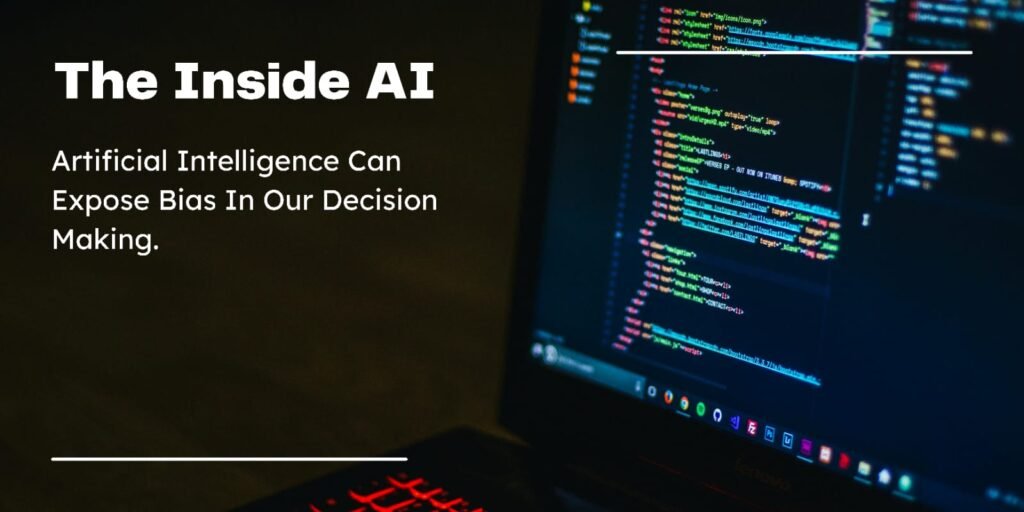
Due to AI’s ability to mimic humankind, it too can fall subject to biases and unethical scenarios. AI plays a vital role in transforming business analysis and intelligence processes. Another ethical concern is the issue of accountability and transparency. The rise of AI is the great story of our time. We will be better equipped to mitigate and manage the dangers if we start thinking about them right away. We will be better equipped to mitigate and manage the dangers if we start thinking about them right away. Some companies have started using AI in human resources. The resulting lack of competition could hinder innovation, limit consumer choice, and increase prices.
Negative Impact of Artificial Intelligence on Students
So it leads to a situation where you literally cannot believe your own eyes and ears. Key clinical health AI applications could see annual cost savings of up to U.S.$150 billion by 2026. In 2016, Microsoft released a chatbot named Tay on Twitter. Similar to business communications, artificial intelligence will greatly improve customer relations. Despite the remarkable capabilities of AI, it is not infallible. Moreover, AI-powered virtual assistants and chatbots can enhance patient care and support. It’s also interesting to see the innovative new AI companies being founded. Artificial intelligence increases the speed of what can be accomplished and in many cases, it exceeds our ability as humans to follow along.
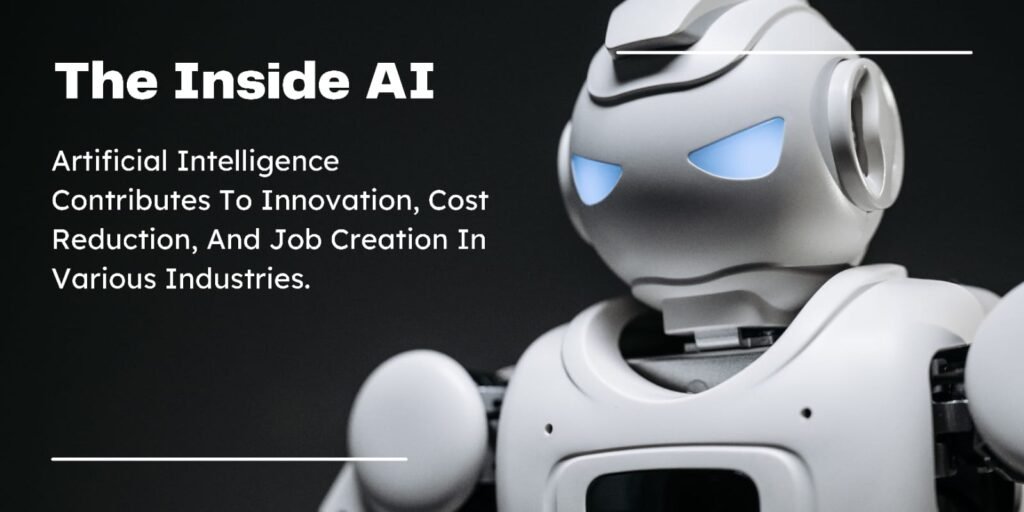
As more AI-enabled objects such as cars and robots come to market we will see these issues multiplying. This could result in unemployment and income inequality, as certain industries and occupations are particularly susceptible to automation. We decide where we want AI and where we don’t; where it’s acceptable and where it’s not. The disruptive effects of AI may also influence wages, income distribution, and economic inequality. “AI can speed up the effectiveness of the bad guys,” Kelly said. As the years have passed, each decade has seen advancements in technology that have revolutionized day-to-day life.
Artificial Intelligence Is a Threat to Humanity Debate
Engage stakeholders at all levels and communicate the benefits and expectations of AI integration. One prominent concern is the displacement of jobs and the transformation of the workforce. However, unlike humans, AI tends to lay these biases there for all to see. However, there are some fundamental issues which need to be addressed first. AI systems can perpetuate and amplify biases if the training data contains biases or reflects existing inequalities. Interacting with AI systems too much could even cause reduced peer communication and social skills.
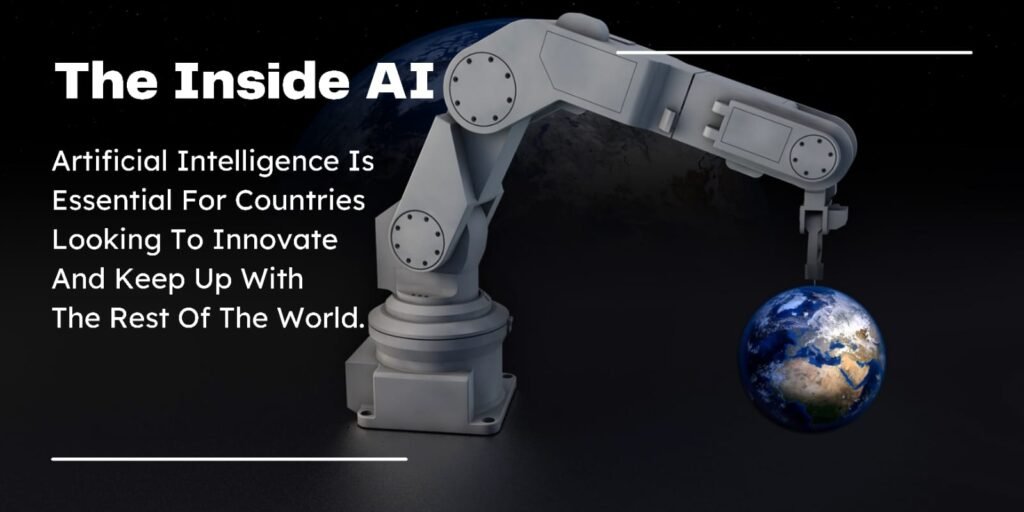
80% of businesses believe artificial intelligence has helped create jobs But most real-world AI environments are stochastic or probabilistic, and they’re not 100% accurate. While there are only a few companies that can truly call themselves AI companies. AI algorithms can amplify biases, infringe on privacy, or have discriminatory effects. This raises concerns about data security, unauthorized access, and potential misuse of sensitive data. However, HR isn’t the only area where AI creates value. With AI on the rise, though, “I don’t think that’s going to continue.”
